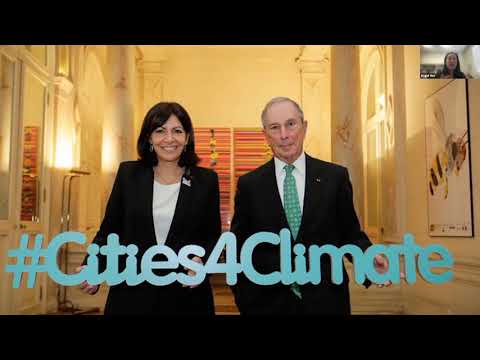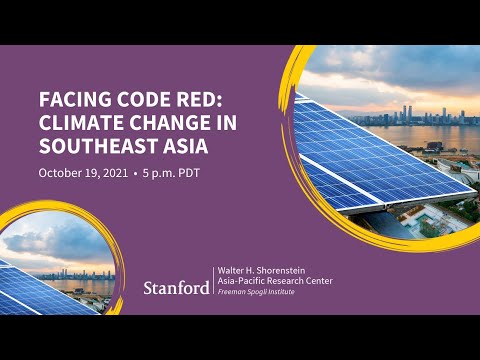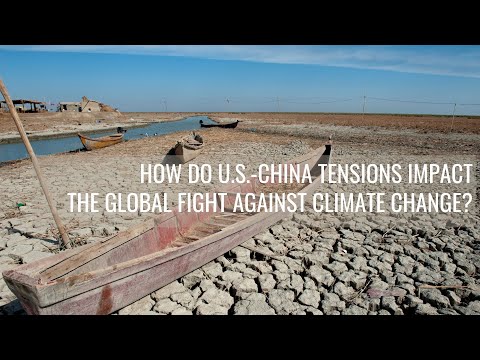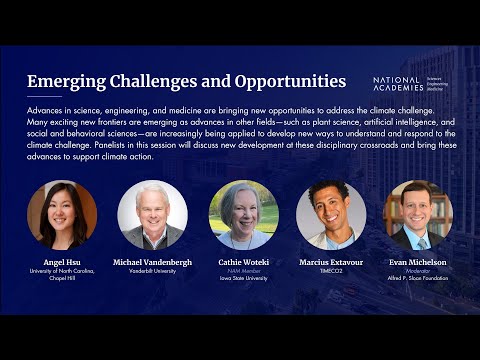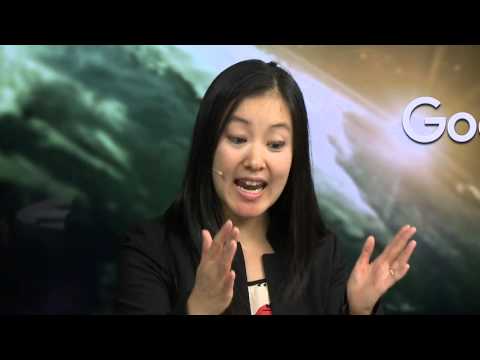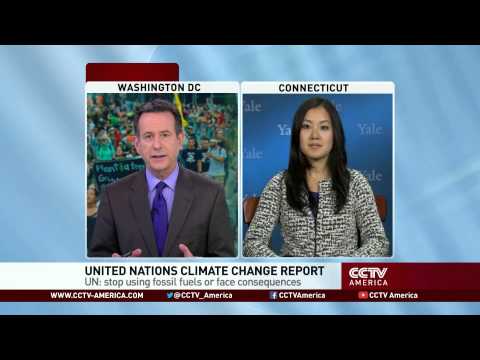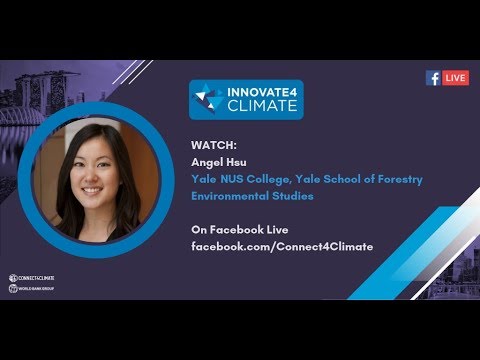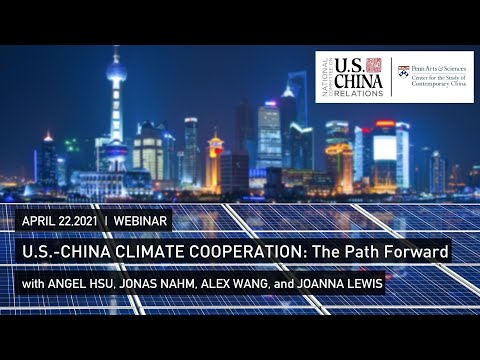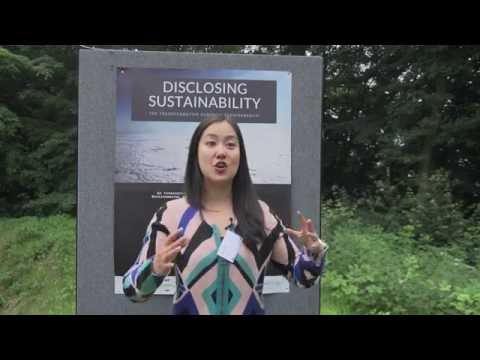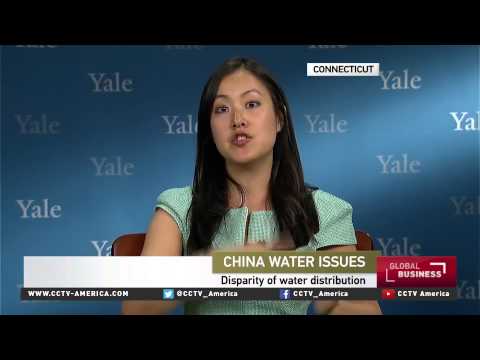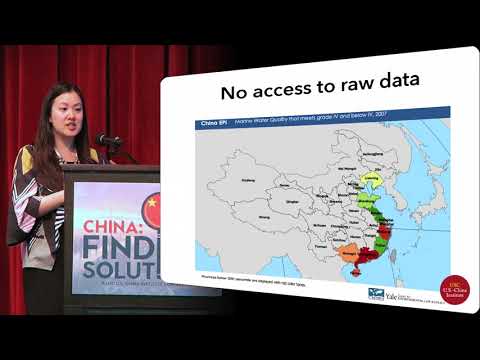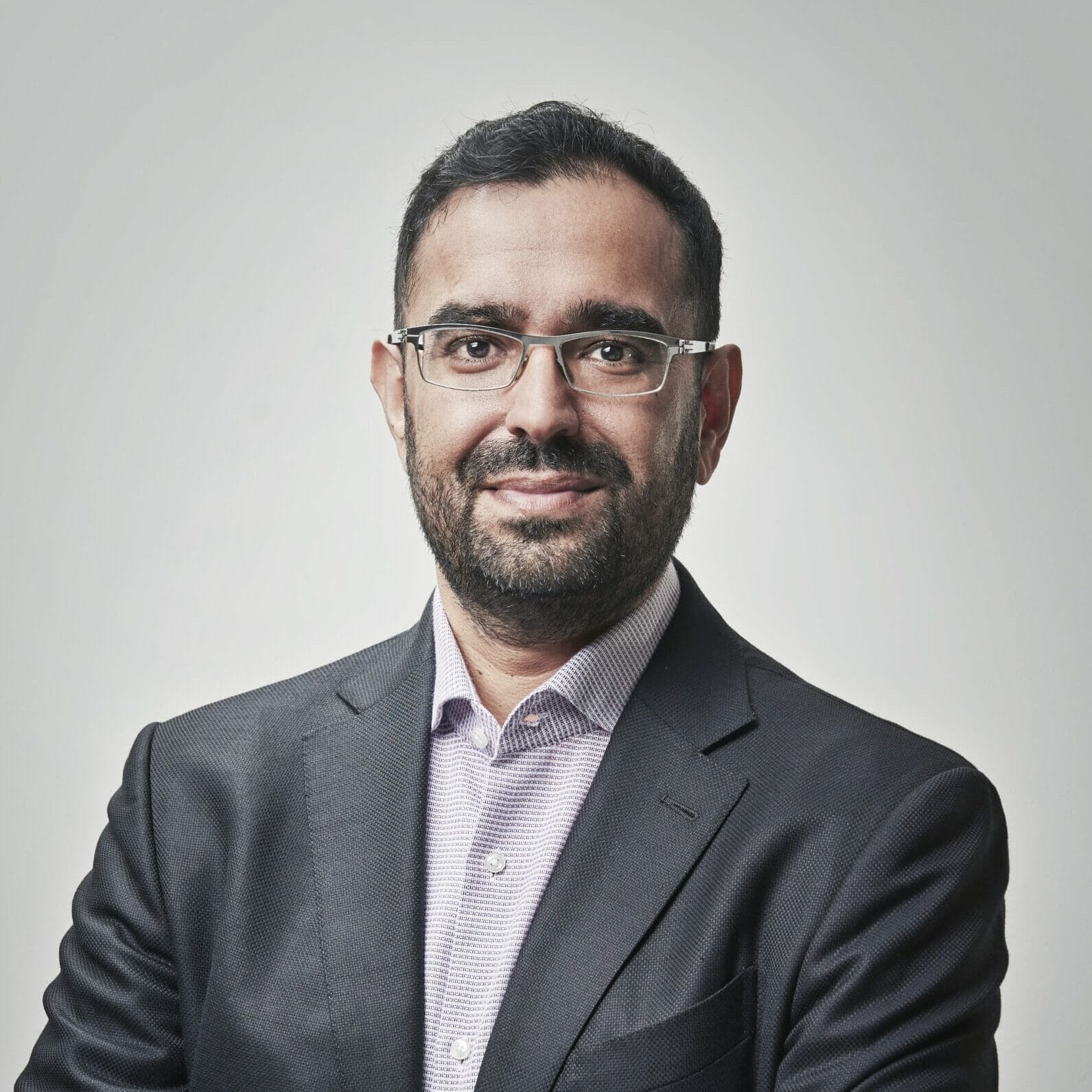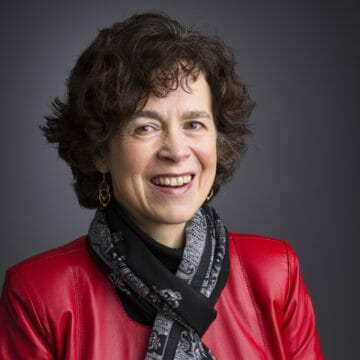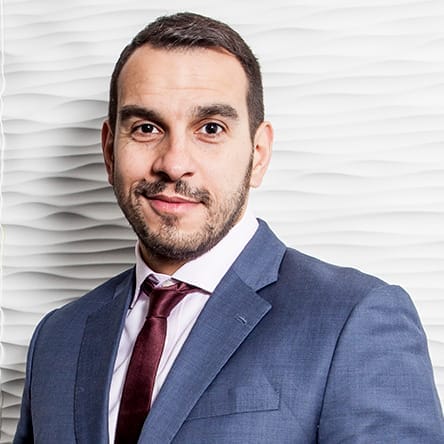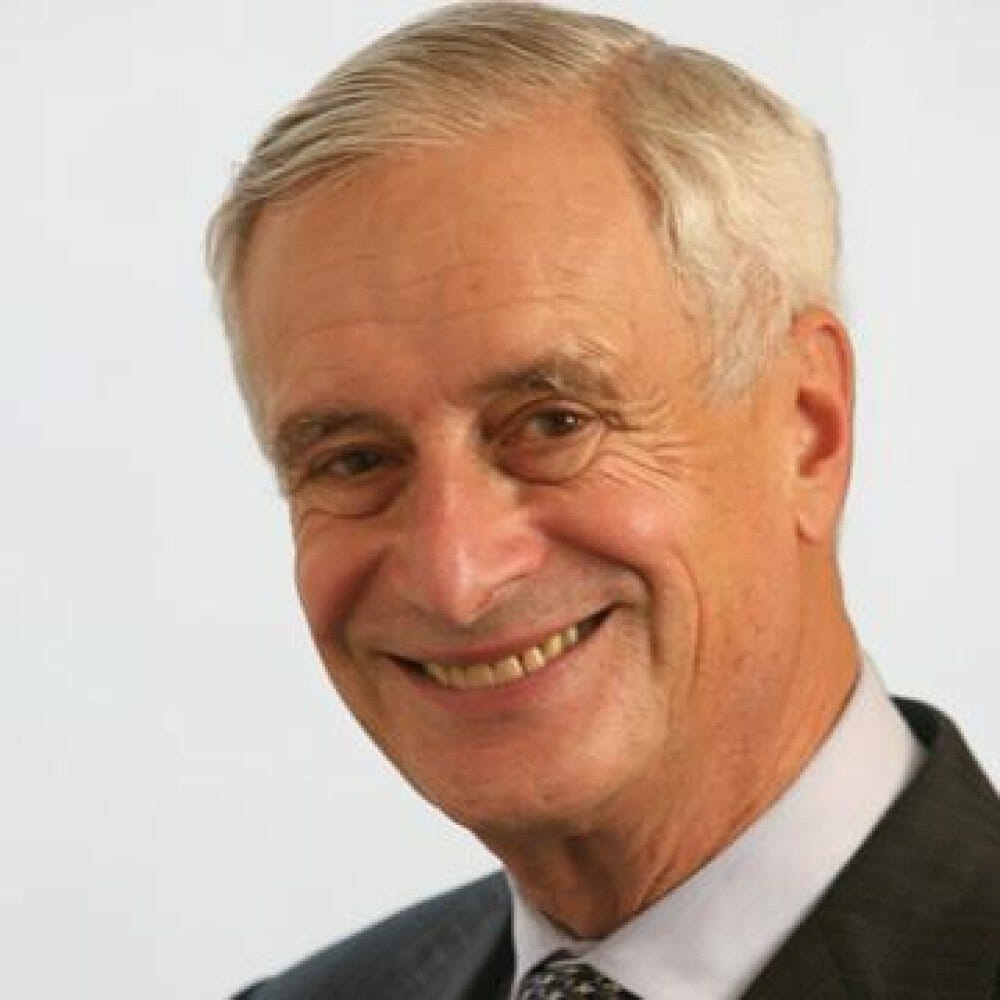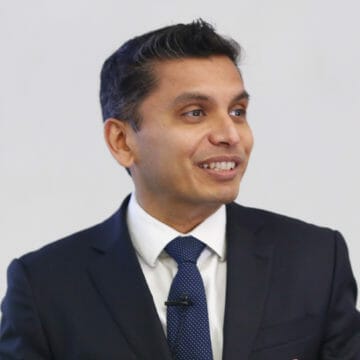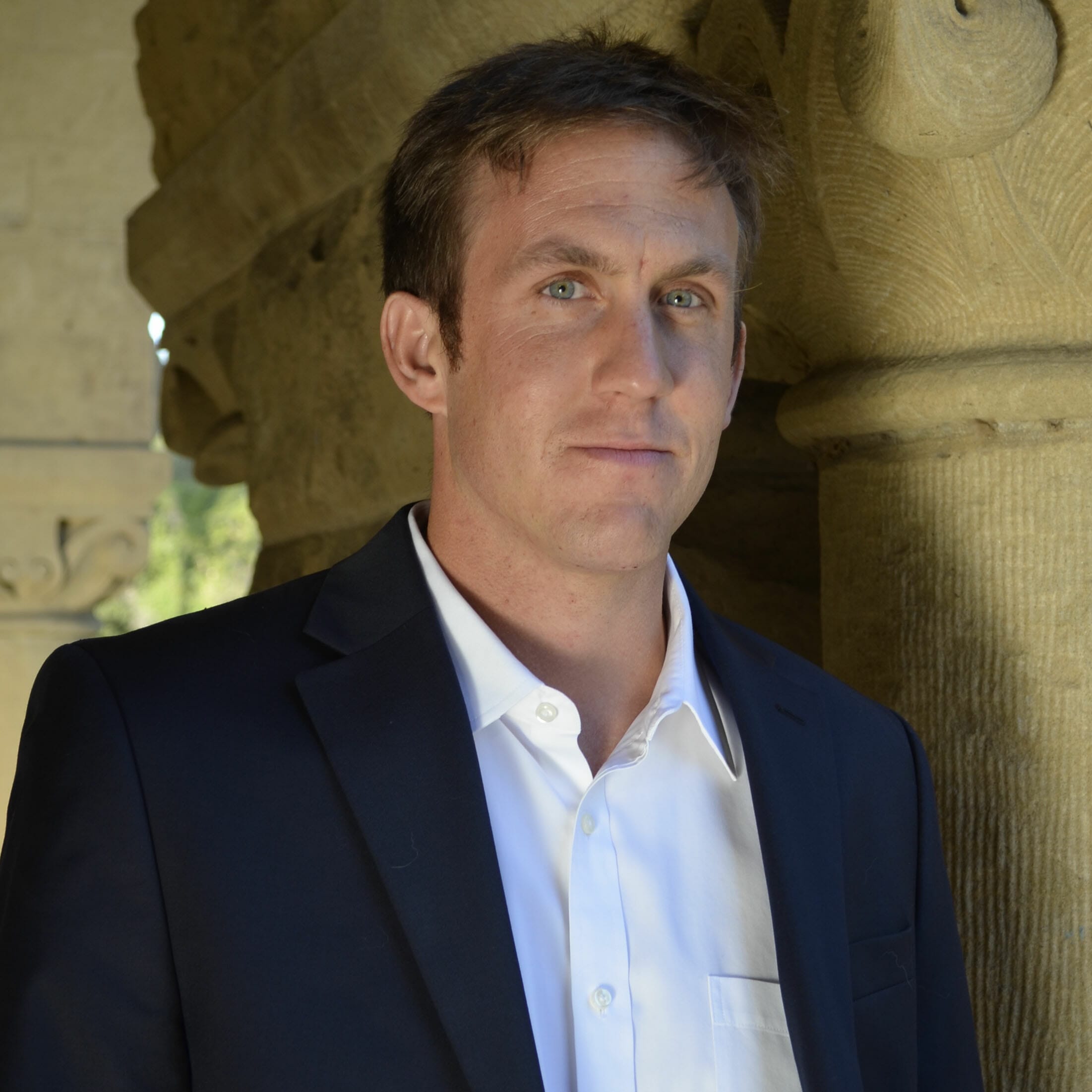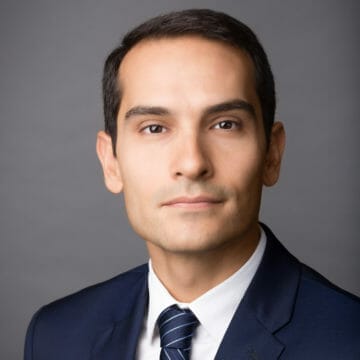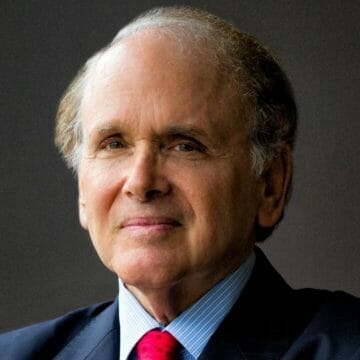Videos
Learn More About Angel Hsu
Organizations focused on achieving net zero carbon emissions by 2050 will not succeed unless they are supplied with the critical data needed to measure and monitor progress. Fortunately, pioneering climate and data scientist Angel Hsu (shoo) is leading a global effort to collect such data.
Assistant Professor of Public Policy and the Environment, Ecology and Energy Program (E3P) at University of North Carolina, Chapel Hill and founding director of the Data-Driven EnviroLab, Hsu is developing urgently-needed metrics for increasing transparency and transforming environmental decision making and policy using “third wave data.”
“Third wave data leverages innovative new techniques that allow us to aggregate massive amounts of information from various sources including satellites, consumer data, social media, even crowdsourced and citizen-science,” explains Hsu. “My research shows that many governments don’t regularly collect, monitor or report critical environmental information, from air pollution, fresh water and soil quality to climate change and energy information. We have to make sure we’re on track to fill in those gaps. Third wave data is helping us do that.”
Hsu has spent more than a decade working on ways to address problems related to climate change, particularly in such areas as energy, urbanization, indoor and outdoor air quality, and natural and human-created disasters. Her 2020 TED Talk cemented her position as a leading authority whose practical approaches are helping organizations, governments and citizens forge a path toward a more sustainable future. As the energy sector continues to experience major shocks, and boards and investors work on meeting environmental, social and governance (ESG) requirements, her work could not be more important.
An in-depth study conducted by Hsu and the New Climate Institute in 2020 examined net-zero pledges in detail. Noting that net zero momentum is accelerating, they published a report outlining subnational and corporate net-zero targets and a variety of methods for implementation.
“I think what we would like to see from the scientific perspective is that companies be realistic about what they can actually do, and be really transparent,” Hsu explained to Fast Company in February 2021. “So, they can really only reduce their emissions by 50% by 2025, or 2030, to me, that’s a much more credible target than if a company says we’re going to go net zero by 2050, and they have no way of actually achieving that goal.”
Fluent in Mandarin, Hsu is particularly focused on China and the Global South and how overseas infrastructure investments from China affect land use in Southeast Asia. An expert on Chinese climate policy and geopolitics and climate change, her goal is to demystify China’s climate policy and to promote cooperation and competition with the U.S. She has provided expert testimony to the U.S.-China Economic Security and Review Commission and is a member of the National Committee on U.S.-China Relations. In a related November 2021 New York Times op-ed she even commended China’s commitment to reducing carbon emissions.
A sought-after advisor, speaker and educator, Hsu also focuses on cities where communities, especially low-income urban communities, are suffering the worst effects of climate change. After realizing data that tracks progress in cities was scarce, Hsu and her team introduced a first-of-its-kind research tool, the Urban Environment and Social Inclusion Index (UESI), in 2018. By leveraging high-resolution, large-scale and census data on a neighborhood scale to reveal how more than 160 cities perform at the intersection of environmental and social equity, Hsu has been using the tool to fill in those earlier gaps in data.
“Through a new level of transparency and detail, the UESI provides a measurable baseline for cities to understand how they are meeting – and not meeting – goals for sustainable and inclusive growth,” wrote Hsu and her co-authors in 2018. “This tool also empowers urban residents to understand the impact of environmental burdens on their neighborhoods and defend their rights regarding sustainable well-being. While there are certainly gaps that remain, including the lack of waste management and recycling data, we hope this tool will expand to include more cities and data, taking advantage of advances in information and technology innovation that make it possible to shed new light on persistent problems.”
Angel Hsu previously held a joint appointment as assistant professor of environmental studies at Yale-NUS College in Singapore and the Yale School of Forestry and Environmental Studies as an adjunct. In addition to publishing in academic journals, she regularly participates in conferences and summits focused on reducing the effects of climate change. A Public Intellectual Program Fellow, Hsu was recognized as an inaugural Grist 50 leader and, in 2018, she was a TED Age of Amazement Speaker.
She holds a PhD in environmental policy from Yale University, an MPhil in environmental policy from the University of Cambridge, and a BS in biology and BA in political science from Wake Forest University in Winston-Salem, NC.
Angel Hsu is available to advise your organization via virtual and in-person consulting meetings, interactive workshops and customized keynotes through the exclusive representation of Stern Speakers & Advisors, a division of Stern Strategy Group®.
Effective ESG: Tools for Measuring and Reporting Your Organization’s Impact
Boards, investors and C-suite executives are now expected to meet environmental, social and governance (ESG) requirements, yet it is not always easy to measure and report impact or to innovate and implement solutions. The idea of achieving net zero emissions by 2050 may sound daunting, especially for large corporations and multinationals, but pioneering climate and data scientist Angel Hsu – UNC Chapel Hill professor, founding director of the Data-Driven EnviroLab and a global expert on climate policy – is making it easier. In this talk, she shares her rigorous scientific research, insights and data-driven measurement tools organizations can use to inform decision making and increase transparency. She also outlines innovative solutions for addressing the climate crisis and explains how businesses can take the lead.
Demystifying China’s Climate Policy
Since China is the world’s largest emitter of greenhouse gases, many people are wondering how Chinese policymakers expect to achieve net zero emissions by 2050, especially after closing thousands of coal mines, then opening them back up again after the country faced electricity shortages. In this presentation, pioneering climate and data scientist Angel Hsu – UNC Chapel Hill professor, founding director of the Data-Driven EnviroLab and a global expert on Chinese climate policy – explains why China has many good reasons to speed up its transition to a green economy. Drawing on her deep research into China and the global south, Hsu reveals how Chinese leaders plan to make the transition and illuminates how their decisions may affect their relationship with the U.S. and the rest of the world’s energy players.
Geopolitics & Climate Change: Bringing Governments Together to Achieve Goals
National governments can’t solve climate change alone. But intergovernmental cooperation, as well as competition, are necessary to address it, says UNC Chapel Hill professor Angel Hsu, a global expert on climate policy. In this talk, Hsu analyzes the geopolitics of climate change and proposes a new way of thinking about cooperation and competition between states, particularly between China and the U.S. She also illuminates learning opportunities for countries trying to compete in exporting clean energy technologies, particularly to developing countries in Southeast Asia, and suggests that cities, regions and businesses could actually help countries meet — and in some cases, exceed — their emissions reduction goals under the Paris Agreement.
Climate Policies for Urban Sustainability and the Future of Cities
Climate policies are affecting how and where people live, and that is particularly true for cities where communities, especially low-income urban communities, are suffering the worst effects of climate change, says pioneering climate and data scientist Angel Hsu, UNC Chapel Hill professor, founding director of the Data-Driven EnviroLab and a global expert on climate policy. In 2018, Hsu and her research team developed a first-of-its-kind research tool, the Urban Environment and Social Inclusion Index (UESI), which provides a measurable baseline for cities to understand how they are meeting – and not meeting – goals for sustainable and inclusive growth. In this talk, she explains how her UESI tool can help investors, realtors, business leaders, policy makers and citizens understand the impact of environmental burdens on their neighborhoods, while offering a greater level of transparency and detail, and shedding new light on persistent problems.
Solutions to Climate Change Open Up New Opportunities and New Markets
Some traditional organizations may not be fully aware of the investment opportunities and new markets being created by climate change solutions, says Angel Hsu, UNC Chapel Hill professor, founding director of the Data-Driven EnviroLab and a global expert on climate policy. Hsu has spent more than a decade working on ways to address problems related to climate change, particularly in such areas as energy, urbanization, indoor and outdoor air quality, and natural and man-made disasters – all of which present opportunities for companies to innovate and develop solutions. In this presentation, she provides an overview of the climate change market – including how environmental, social and governance (ESG) issues and data analysis fit into the equation – and offers leaders a new lens on how to compete in this emerging market.

Predicting European Cities’ Climate Mitigation Performance Using Machine Learning
(Nature, December 2022)

Performance Determinants Show European Cities Are Delivering on Climate Mitigation
(Nature, August 2020)

Citizen Science and the United Nations Sustainable Development Goals
(Nature Sustainability, October 2019)

A Research Roadmap for Quantifying Non-state and Subnational Climate Mitigation Action
(Nature Climate Change, December 2018)

Big Data Has Big Potential for Applications to Climate Change Adaptation
(Proceedings of the National Academy of Sciences, September 2016)

Reinvigorating International Climate Policy: A Comprehensive Framework for Effective Nonstate Action
(Wiley Online Library, November 2015)

A Global Indicator of Wastewater Treatment to Inform the Sustainable Development Goals (SDGS)
(Environmental Science and Policy, April 2015)

Seeking Truth From Facts: The Challenge of Environmental Indicator Development in China
(Environmental Development, July 2012)


